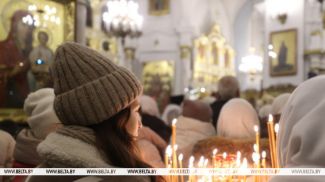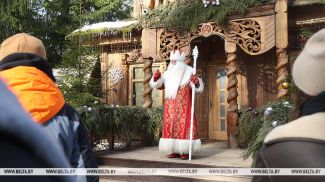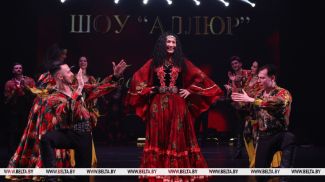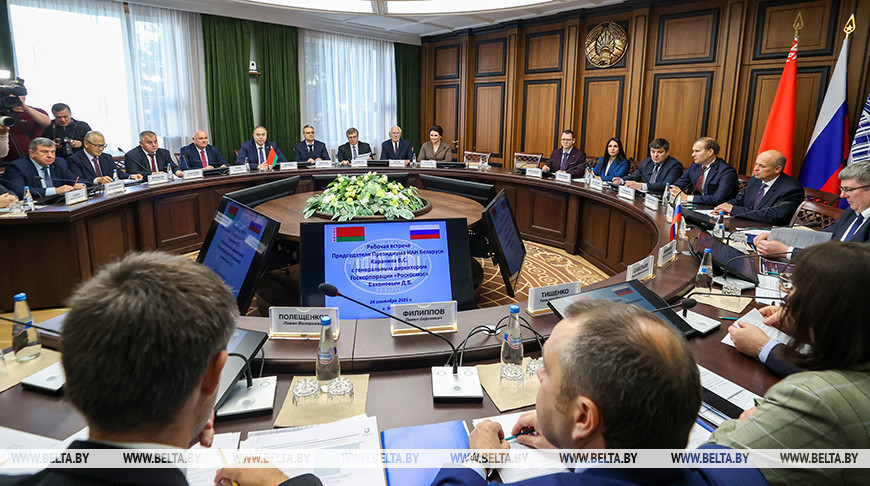
MINSK, 24 September (BelTA) - The Union State is a special institution for us, and Belarus is our partner, Head of the Russian State Corporation Roscosmos Dmitry Bakanov told the media, BelTA learned.
“One of the important areas of cooperation is manned spaceflight. Marina Vasilevskaya was the first female cosmonaut from Belarus, having traveled to the ISS in 2024. We are currently discussing the possibility of sending Anastasia Lenkova into orbit. A number of issues need to be resolved. If they are resolved, we will send a second female cosmonaut from Belarus. It is very important for us to implement this project within the framework of the Union State," Dmitry Bakanov said.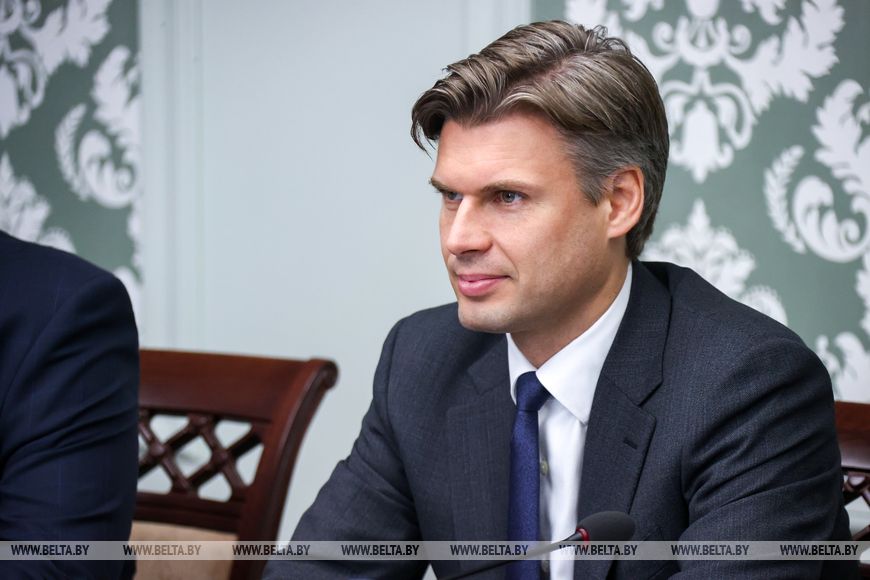
Another important area of cooperation is the Russian-Belarusian space system with a Russian-Belarusian spacecraft. “As a result, we will receive a high-resolution apparatus that will work for the benefit of our two countries, making highly detailed surveys of all the necessary territories. We are discussing the possibility of expanding this cooperation, but it is too early to talk about it. We will first discuss everything,” the head of Roscosmos said.
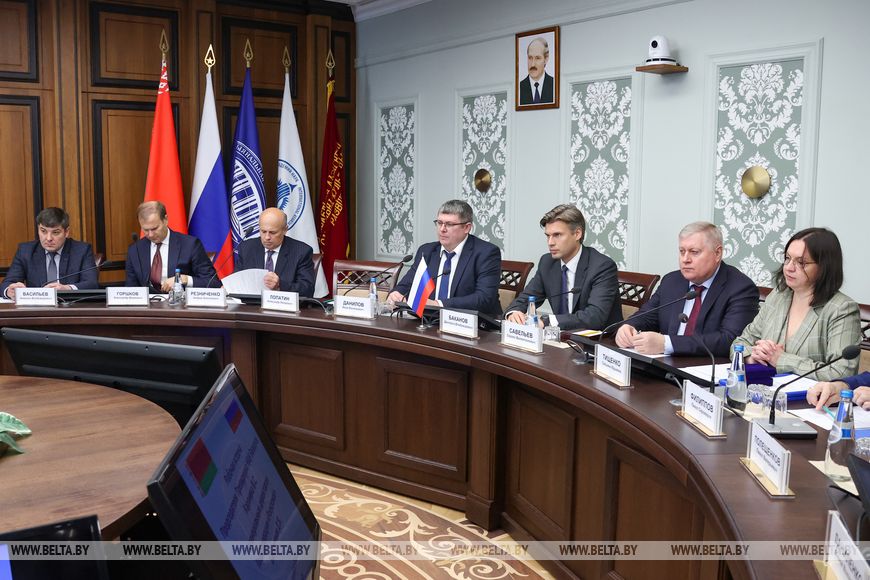
Vladimir Karaniк, Chairman of the Presidium of the National Academy of Sciences, noted that the cooperation between the National Academy of Sciences of Belarus and Roscosmos has a long history. “We have no contradictions. We have an understanding that each other's competencies help us to respond more quickly and effectively to the challenges facing our countries," he emphasized.
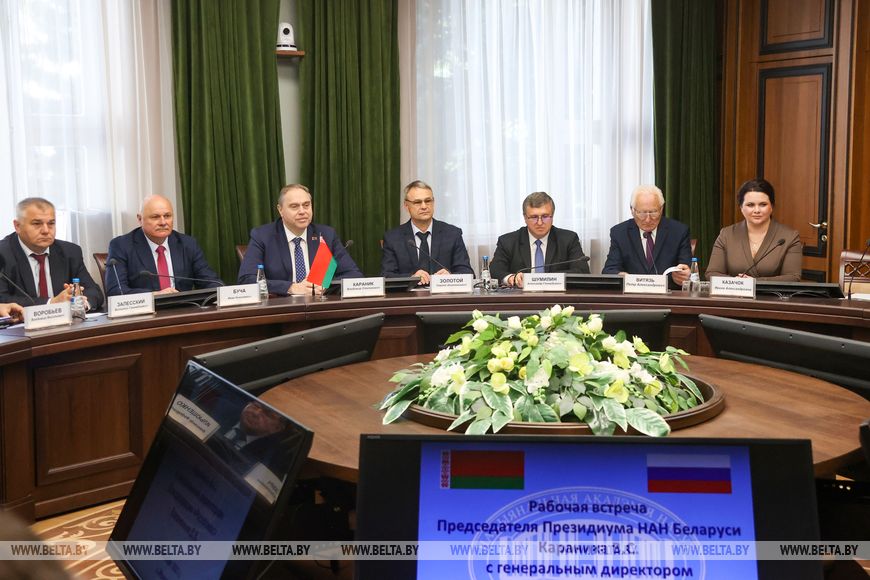
The Soyuz MS-25 spacecraft was launched on 23 March 2024. Marina Vasilevskaya's flight lasted 14 days, 12 of which she spent aboard the International Space Station, where she fully completed the scientific program developed by the National Academy of Sciences of Belarus in collaboration with Roscosmos and the Russian Academy of Sciences. The program included seven experiments -five scientific research projects and two educational initiatives. The research covered areas such as biology, physiology, autonomous operation of space stations, and remote sensing of Earth using photo and video-spectral equipment of Belarusian manufacture installed on the ISS and also lactoferrin and probiotics produced by scientific organizations of the National Academy of Sciences for their potential future use in developing food products for cosmonauts.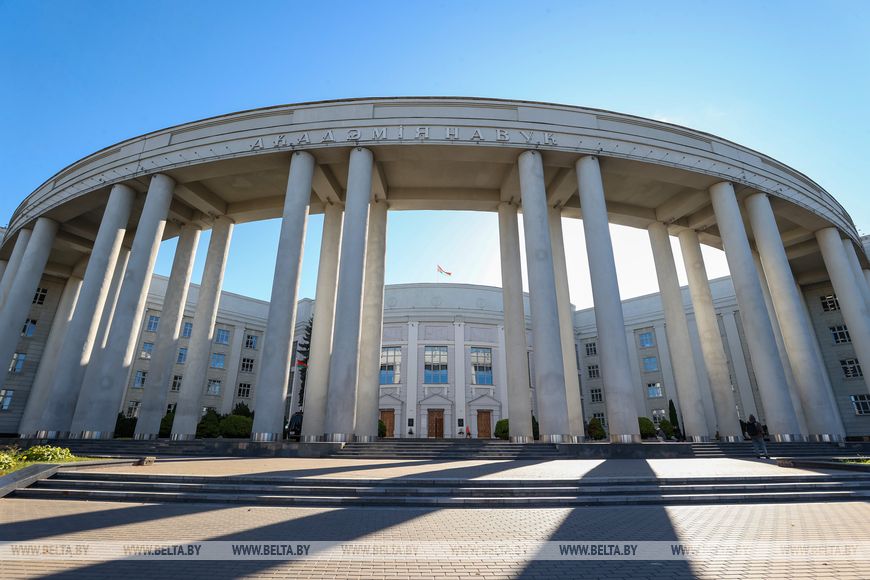
“One of the important areas of cooperation is manned spaceflight. Marina Vasilevskaya was the first female cosmonaut from Belarus, having traveled to the ISS in 2024. We are currently discussing the possibility of sending Anastasia Lenkova into orbit. A number of issues need to be resolved. If they are resolved, we will send a second female cosmonaut from Belarus. It is very important for us to implement this project within the framework of the Union State," Dmitry Bakanov said.

Another important area of cooperation is the Russian-Belarusian space system with a Russian-Belarusian spacecraft. “As a result, we will receive a high-resolution apparatus that will work for the benefit of our two countries, making highly detailed surveys of all the necessary territories. We are discussing the possibility of expanding this cooperation, but it is too early to talk about it. We will first discuss everything,” the head of Roscosmos said.

Vladimir Karaniк, Chairman of the Presidium of the National Academy of Sciences, noted that the cooperation between the National Academy of Sciences of Belarus and Roscosmos has a long history. “We have no contradictions. We have an understanding that each other's competencies help us to respond more quickly and effectively to the challenges facing our countries," he emphasized.

The Soyuz MS-25 spacecraft was launched on 23 March 2024. Marina Vasilevskaya's flight lasted 14 days, 12 of which she spent aboard the International Space Station, where she fully completed the scientific program developed by the National Academy of Sciences of Belarus in collaboration with Roscosmos and the Russian Academy of Sciences. The program included seven experiments -five scientific research projects and two educational initiatives. The research covered areas such as biology, physiology, autonomous operation of space stations, and remote sensing of Earth using photo and video-spectral equipment of Belarusian manufacture installed on the ISS and also lactoferrin and probiotics produced by scientific organizations of the National Academy of Sciences for their potential future use in developing food products for cosmonauts.





